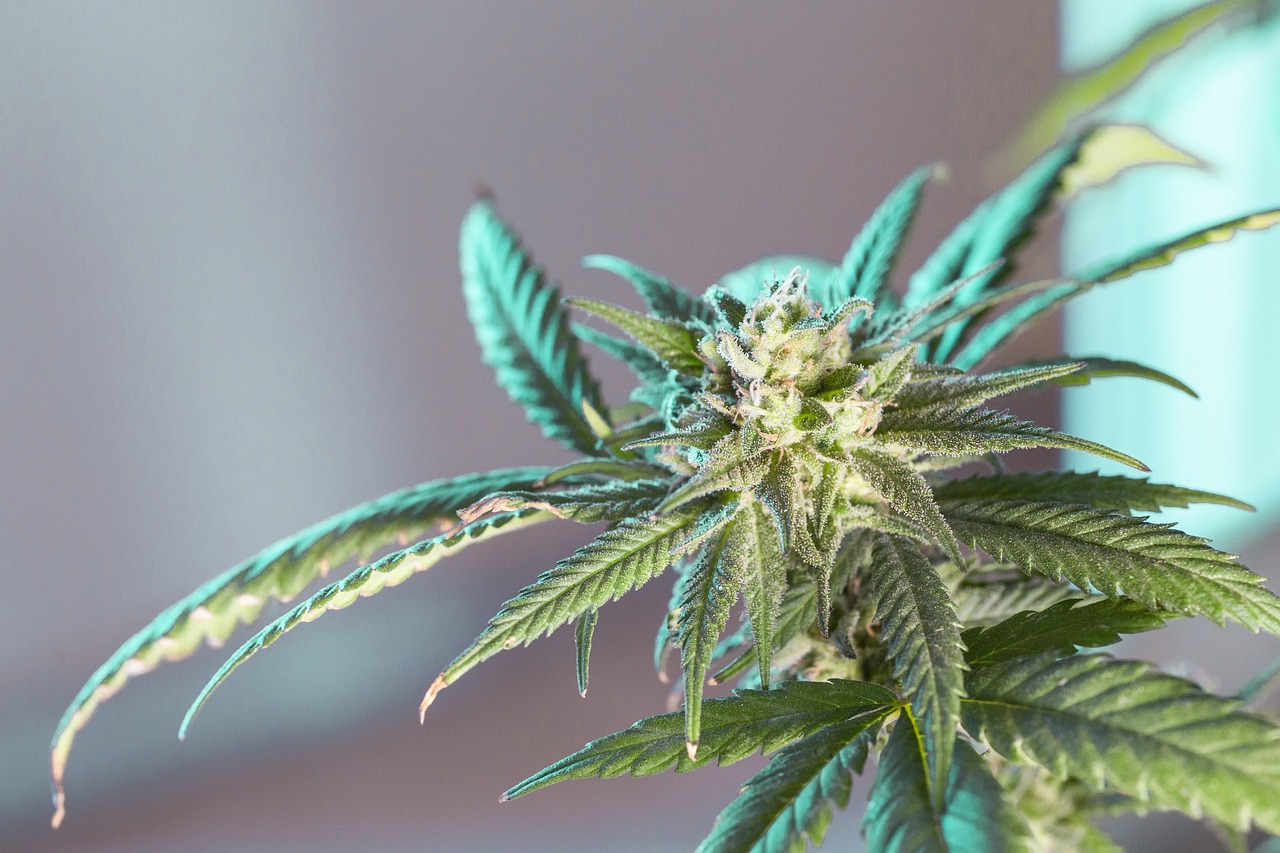In the ever-evolving landscape of cannabis research, understanding the nuances between different compounds is key. Two such compounds, THCA (tetrahydrocannabinolic acid) and THC (tetrahydrocannabinol), often spark curiosity due to their distinct properties and effects. This article delves into the differences between these two cannabinoids, providing insights into their chemical structures, effects, and potential benefits.
Understanding the Basics
THCA flower for mindfulness and THC are both cannabinoids found in the cannabis plant. While they share a similar origin, their chemical structures and effects on the human body differ significantly.
What is THCA?
THCA is a non-psychoactive cannabinoid found in raw and live cannabis. It is the precursor to THC and is abundant in fresh cannabis plants. THCA does not produce the “high” associated with cannabis consumption. Instead, it is believed to offer a range of potential health benefits.
What is THC?
THC is the psychoactive compound responsible for the euphoric effects of cannabis. It is formed when THCA undergoes decarboxylation, a process that occurs when cannabis is heated through smoking, vaping, or cooking. THC interacts with the endocannabinoid system in the body, leading to its well-known psychoactive effects.
Chemical Structure and Conversion
The primary difference between THCA and THC lies in their chemical structures. THCA has an extra carboxyl group, which makes it an acid. This group is removed during decarboxylation, converting THCA into THC.
- THCA: C22H30O4
- THC: C21H30O2
Decarboxylation is a critical process for those seeking the psychoactive effects of cannabis. This transformation can occur naturally over time as cannabis dries and ages, but it is accelerated by heat.
Effects and Benefits
The effects and potential benefits of THCA and THC vary, making them suitable for different applications.
THCA: Potential Health Benefits
While research is still in its early stages, THCA is believed to offer several potential health benefits without the psychoactive effects of THC. Some studies suggest that THCA may have anti-inflammatory, neuroprotective, and anti-emetic properties. These attributes make it a subject of interest for those seeking therapeutic benefits without intoxication.
THC: Psychoactive Effects and Therapeutic Uses
THC is well-known for its psychoactive effects, which can include euphoria, relaxation, and altered sensory perception. Beyond recreational use, THC has been studied for its potential therapeutic applications. It may help with pain relief, appetite stimulation, and reducing nausea, particularly in patients undergoing chemotherapy.
Consumption Methods
The method of consumption can influence whether THCA or THC is present in the final product.
Raw Cannabis and Juicing
Consuming raw cannabis, such as through juicing, preserves THCA. This method is favored by those looking to harness the potential health benefits of THCA without experiencing psychoactive effects.
Smoking and Vaping
Smoking or vaping cannabis leads to the decarboxylation of THCA into THC, resulting in the psychoactive effects commonly associated with cannabis use.
Edibles and Cooking
When cannabis is used in cooking, the heat involved in the process converts THCA to THC. This makes edibles a popular choice for those seeking the effects of THC without smoking.
Legal Considerations
The legal status of THCA and THC varies by region, impacting their availability and use.
THCA Legality
In many areas, THCA is not classified as a controlled substance due to its non-psychoactive nature. This can make it more accessible for research and therapeutic use.
THC Legality
THC is often subject to stricter regulations due to its psychoactive properties. Its legal status can vary widely, from being fully legal to heavily restricted or illegal, depending on the jurisdiction.
Case Studies and Research
Several studies have explored the potential benefits and effects of THCA and THC, contributing to our understanding of these cannabinoids.
THCA Research
Preliminary studies on THCA suggest potential anti-inflammatory and neuroprotective effects. For instance, a study published in the British Journal of Pharmacology highlighted THCA’s potential in reducing inflammation, which could be beneficial for conditions like arthritis.
THC Research
THC has been extensively studied for its effects on pain management and appetite stimulation. A study in the Journal of Pain found that THC could significantly reduce chronic pain in patients, offering an alternative to traditional pain medications.
Conclusion
Understanding the differences between THCA and THC is essential for anyone interested in the diverse applications of cannabis. THCA offers potential health benefits without psychoactive effects, making it appealing for therapeutic use. In contrast, THC provides both recreational and medicinal benefits, with its psychoactive properties being a defining feature. As research continues, the unique attributes of these cannabinoids will likely lead to new applications and insights into their roles in health and wellness.
